| | | | Policy BriefNovember 2023 | |
| | | | Dear Readers, It has been on the political agenda for decades now, but it is still not a reality. We are talking about the “Single European Sky” (SES). If implemented correctly, a Single European Sky would have many advantages for customers and companies. Without barriers in the European airspace, the capacity, efficiency and flexibility of airspace management will increase. If airlines no longer have to make detours, they will arrive at their destination more punctually and also save kerosene and reduce carbon emissions. It is therefore unfortunate that policymakers have not yet successfully introduced the SES. The negotiations are currently entering a decisive phase once again. You can read about the key issues now in our new policy brief. A classic topic of political discussion in Berlin is the connectivity of the capital’s airport. There have been renewed calls recently for more direct long-haul flights at BER. An understandable concern, but one that is hardly economically feasible in practice. We explain the reasons. It is not only BER that is suffering from the high location costs in this country. While other European countries have already returned to pre-coronavirus levels, German air traffic is at just 75% of its pre-pandemic capacity due to huge increases in taxes and fees. Despite this, the German government wants to further increase aviation security fees. The federal states can still use their veto. Sustainable aviation fuels (SAFs) are key to climate protection in aviation, but have been scarcely available to date and are also very expensive. In order to boost the market, the EU has decided on a mandatory SAF quota. In order for this to be implemented as planned from 2025, an effective procurement mechanism is needed, even though sustainable kerosene is not yet available at many European airports. Book & Claim is the name of the system that Lufthansa advocates. Read the second article in this issue to find out what’s behind it all. Alongside SAF, modern aircraft are the most important lever for rapidly reducing carbon emissions from flying. The Lufthansa Group invests billions in both technologies every year. A short film explains the largest fleet renewal program in the company’s history in detail. We hope you enjoy viewing and reading it and thank you for your interest this year. Wishing you all the best as the year is drawing to a close. We hope we can continue to count on your loyalty in 2024. Andreas Bartels
Head of Communications
Lufthansa Group | Dr. Kay Lindemann
Head of Corporate International
Relations and Government Affairs
Lufthansa Group |
| |
| | | | No lazy compromisesSES2+ must deliver real progressNegotiations on the reform of the Single European Sky (SES2+) are at a crucial stage. After years of fruitless discussions, a unified European airspace is long overdue. Politicians can and must make their contribution to greater efficiency and climate protection now. | |
| | | | Single European Sky for a standardized European airspace management
Europe needs a politically independent regulatory authority (PRB), as well as independent national supervisory authorities (NSAs). This is the only way to overcome the economic and ecological inefficiencies of a highly fragmented supervision by the member states. 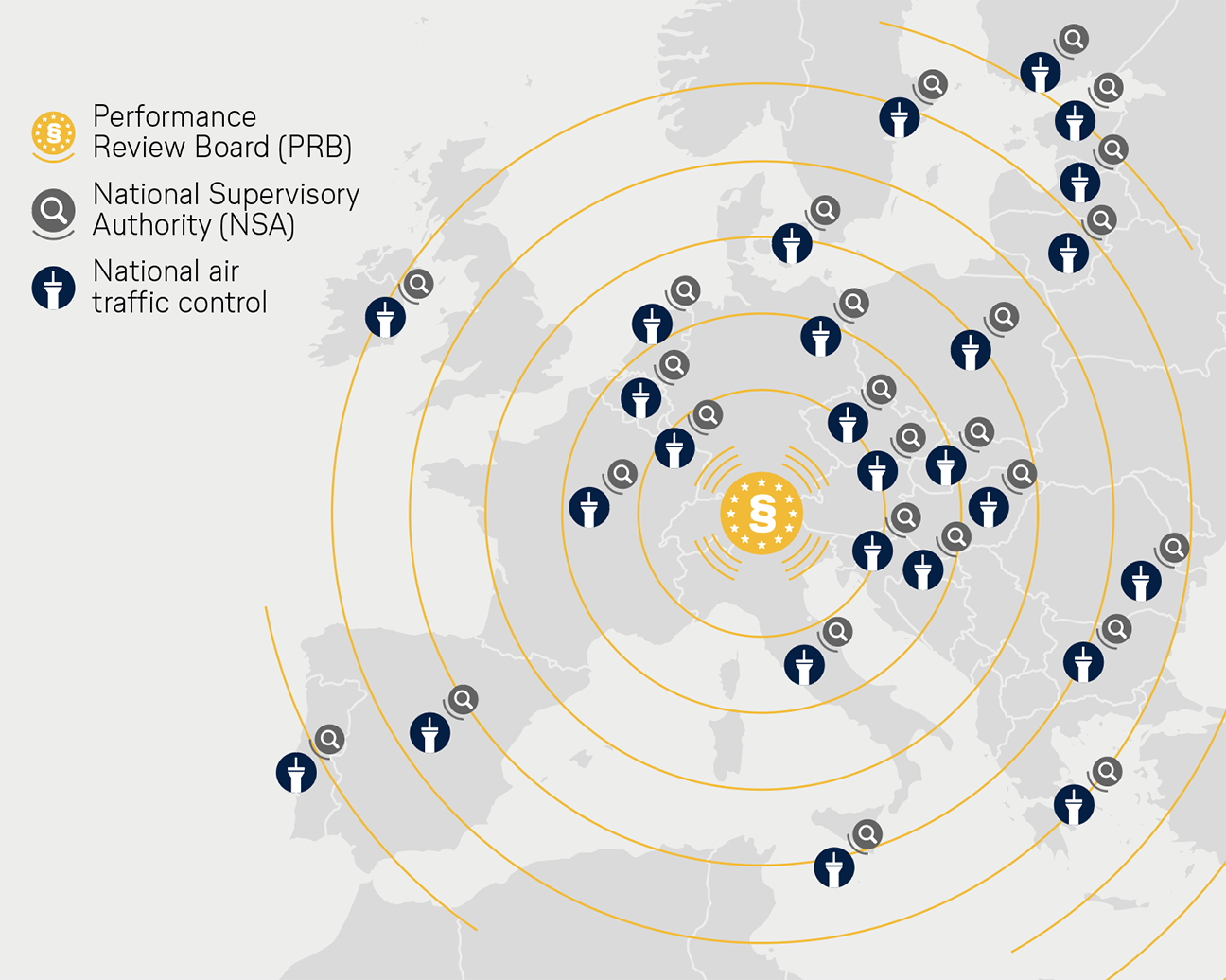
| |
| | | | For many years, the European airspace has been characterized by inefficiencies, an operational and technological patchwork, rising costs, and significant capacity constraints. Delays and detours occur daily, leading to unnecessary CO2 emissions. The problems are well known. So far, however, the political will to address the necessary reforms has been lacking. There is substantial resistance among individual member states. A Single European Sky brings many advantages, both for passengers and the environment. However, it requires ambitious and consistent implementation. Politicians must achieve real progress – without compromising on efficiency and climate protection. Recently, however, the negotiations have taken a wrong turn: The agreements reached fall well short of expectations and, in some cases, would even represent a step backward. The opportunity to strengthen the position of the EU Network Manager was not taken. This position is essential for effectively coordinating the use of European airspace. Furthermore, only a weak „Performance Review Board“ (PRB) is currently planned. Also, the national supervisory authorities (NSAs) lack important powers of intervention under the current plans. From the Lufthansa Group’s perspective, the necessary targets for increasing existing capacities, as well as for reducing costs and CO2 emissions, cannot be achieved in this way. A lazy compromise – that in practice falls even behind the status quo – must be avoided at all costs. What is needed for real progress: - A politically independent European regulatory authority – a “new” PRB – with regulatory powers, including setting targets, evaluating performance plans, conducting detailed audits and imposing corrective measures.
- An independent national supervisory authority (NSA), like the Federal Network Agency, that supports EU aviation in accordance with national requirements and the PRB.
- Transparent, independent, and ambitiously defined performance targets must align with the needs of airspace users. Their implementation must be ensured by the PRB/NSAs.
SES2+ as an easy-to-implement climate protection measure
A SES2+ that meets these criteria would not only reduce delays and increase efficiency, but would also be a genuine climate protection measure. A uniformly structured airspace with optimized flight routes could potentially reduce CO2 emissions by up to 10 percent. | |
| | | | Sustainable fuelsEnable ramp-up with Book&ClaimStarting in 2025, a binding Europe-wide mandatory quota for sustainable aviation fuels (SAF) will be implemented. However, since sustainable kerosene is not yet available everywhere, the Commission is planning a flexible procurement mechanism to support the production and use of SAF during the ramp-up phase. A Book&Claim system would be an ideal solution to achieve this. | |
| | | | Book&Claim
An efficient system for reliable SAF quotas 
| |
| | | | Sustainable aviation fuels are currently only available in limited quantities and are approximately five times more expensive than fossil kerosene. SAFs produced using the power-to-liquid process are currently only available in laboratories. In order to increase supply, the EU has set ambitious SAF quotas that will gradually increase: starting at 2 percent in 2025 and rising to 70 percent after 2050. As a result, from 2025, every aircraft departing from a European airport must be refueled with a corresponding amount of sustainable fuel. Given that SAF availability is not yet widespread across all EU airports, the EU is seeking to develop a temporary “flexibility mechanism.” This measure is necessary in order to ease the logistical complexities of the transition phase and give airlines the flexibility to meet SAF quotas at all airports. Aviation industry backs “Book&Claim” system
Together with aviation associations, the Lufthansa Group is advocating for a Book&Claim system based on the model of renewable energy certificates for green electricity. This system does not involve the trading of the physical product, but rather the trade of SAF-units: Each unit produced receives a certificate verifying its sustainable origin and positive environmental impact. When an airline purchases a SAF certificate, it guarantees that the corresponding amount of SAF has been produced and is in circulation. The Book&Claim system system enables fuel suppliers to bring sufficient SAF into the market, aligning with quotas irrespective of location. This gives them the flexibility to use SAF efficiently, reducing costs and logistical hurdles and associated emissions. The Book&Claim approach would promote technological progress and climate protection in the aviation sector. Installing a solid transition system
The EU Commission aims to present a concrete proposal for the design of the “flexibility mechanism” by July 2024. This would apply until 2034. The Book&Claim system has the ability to swiftly establish a viable market for certified SAF. Fuel suppliers and Airlines, regardless of their location or size, would have the opportunity to trade in SAF certificates, register the environmental benefits and thereby boost the decarbonization of aviation through increased SAF production. | |
| | | | Germany as an aviation hubKeep security fees stableGermany is lagging behind the rest of Europe in the recovery of air traffic: While most European countries have returned to pre-crisis levels, German air traffic is currently operating at only 75% of its pre-coronavirus capacity. This is largely due to high local costs for aviation infrastructure. The planned increase in the aviation security fee threatens to further weaken Germany’s connectivity. | |
| | | | Development of aviation security fees since 2019 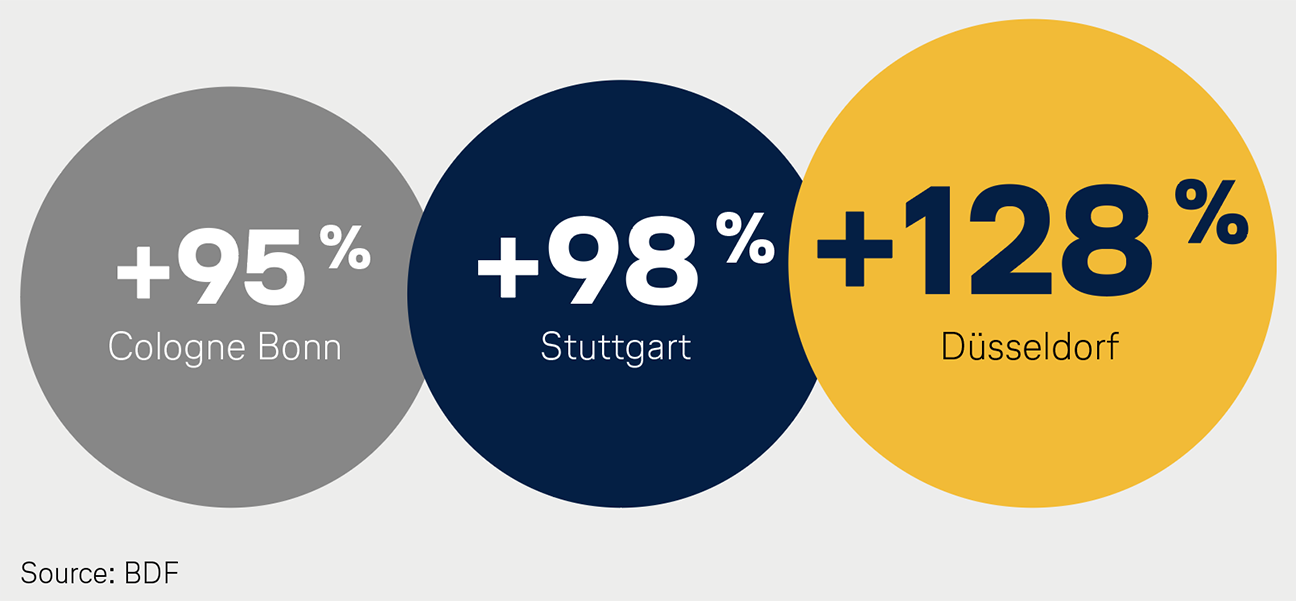
| |
| | | | Rising fees and taxes are making air travel in Germany increasingly expensive. The air traffic tax was raised significantly in the middle of the pandemic. Air traffic control charges have more than doubled since 2021, and aviation security fees have also risen noticeably at many German airports. Consequently, location costs are significantly lower in other EU countries. For instance, when an Airbus A320 takes off from a German airport, government-induced costs can amount to up to €4,000. Compared to neighboring countries, this is four to ten times as much. This presents a real competitive disadvantage, as fees and charges can now comprise up to a third of the total price of the airfare. Aviation security fees as a cost driver
Despite this, the German government intends to further increase aviation security fees once again. In the past, the fee had been limited to €10 per passenger to prevent German airports from becoming more expensive and to maintain manageable costs for airlines and passengers. The federal government then covered the excess amount. However, the approved increase of this cap to €15 per passenger, already greenlit by the Federal Cabinet, is detrimental not only to the industry but also to connectivity and value creation in Germany. This applies, in particular, to federal states with strong air traffic locations. It affects supply and demand. In order to reduce costs and simultaneously enhance security check performance, more airports should assume responsibility for security checks. Currently, the federal police oversee this at most airports. A more efficient and innovative approach would involve a division of tasks, with the federal government focusing on legal and technical supervision, while airport operators handle security technology procurement and personnel and process management. The federal states are now in charge
Concerning aviation security fees, the power lies in the hands of the federal states: The decision on the proposed increase will be made in the Federal Council in mid-December. The federal states have every reason to reconsider the government’s initiative. Instead of entering into legal and economic uncertainties, the increase in the aviation security fee should be suspended for 2024 to facilitate air traffic recovery and secure strong aviation locations in the federal states. | |
| | | | Location costs in comparison 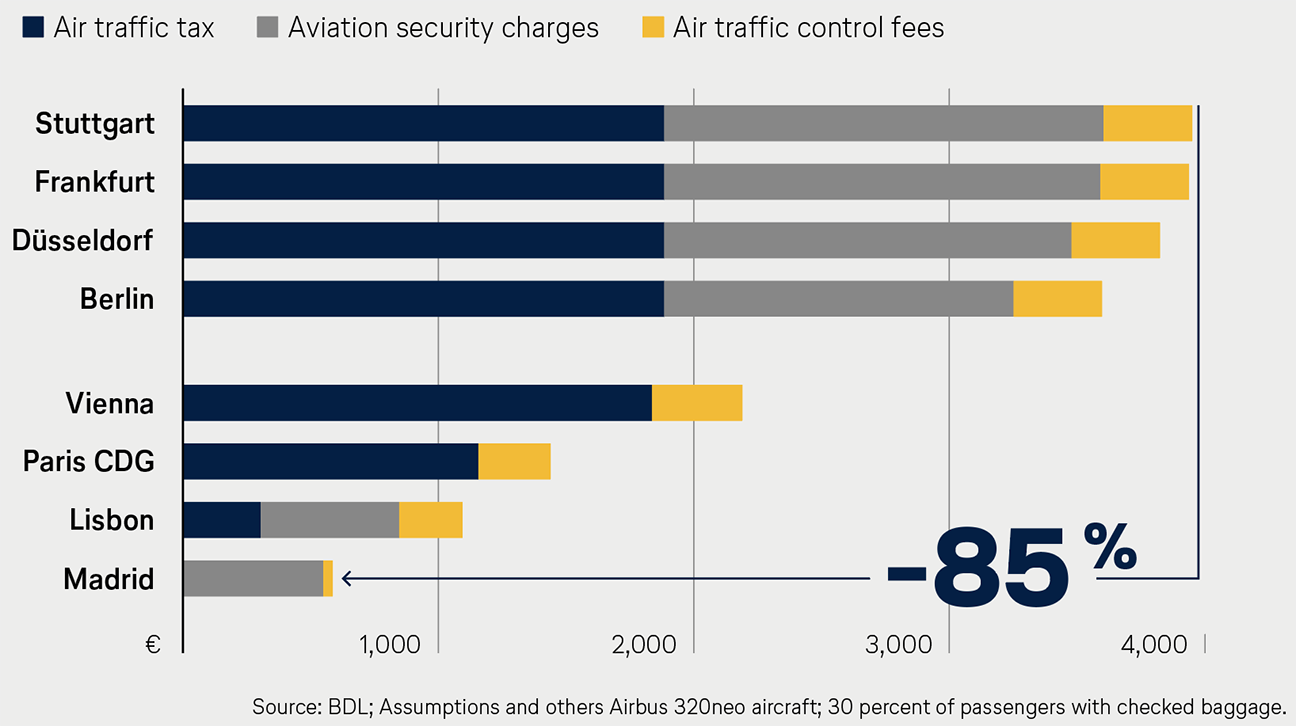
| |
| | | | Long-haul routes at BERPossible, yet often not economicalThe connection between the German capital city and its airport is subject to constant political and public debate. Tourism representatives, chambers of commerce and, most recently, the Berlin Senate and Brandenburg State Cabinet are all regularly calling for more direct long-haul flights from BER. While this desire is understandable, it is far removed from economic reality. | |
| | | | Direct flights from Berlin: airlines keep suspending North American routes
Two airlines currently operate to destinations in North America from Berlin. However, numerous providers have had to withdraw their connections from the program in recent years due to a lack of profitability. 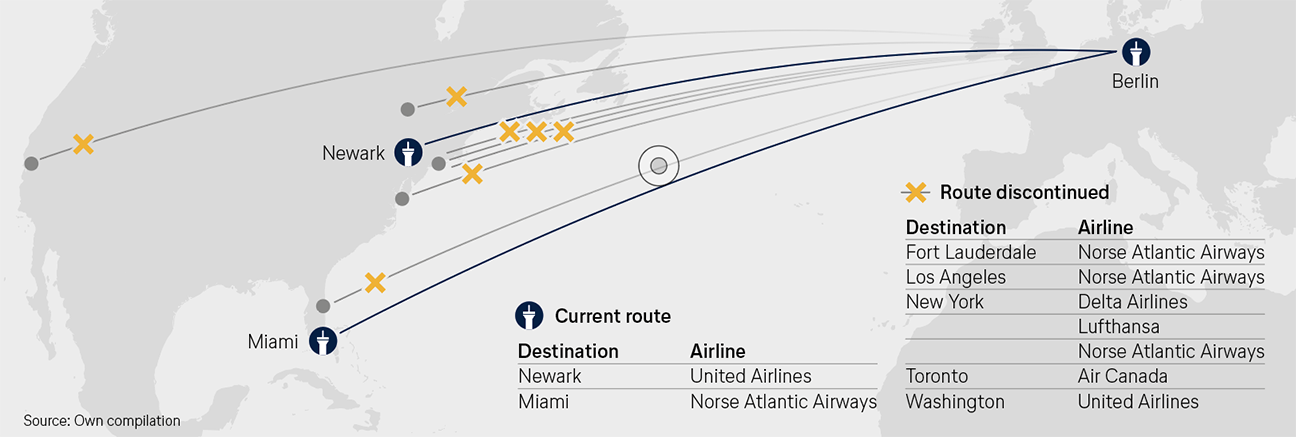
| |
| | | | Contrary to popular belief, the limited number of direct intercontinental connections from BER is not due to unwillingness on the part of airlines or a lack of traffic rights. The real reason lies in Germany’s historical division, which prevented the capital from evolving into a global hub. Comprehensive long-haul services are typically viable when organized through hubs – at least at one end of the route. Passengers from around the world arrive at these hubs, connecting to various international destinations. This ensures large, long-haul aircraft are sufficiently filled, thus operating in an ecologically and economically sustainable manner. Intercontinental flights outside of major hubs are rarely profitable. German hubs depend on transfer passengers
In Frankfurt and Munich, approximately three-quarters of passengers on long-haul flights are connecting passengers. In the absence of such feeder-flights, intercontinental connections require a sufficiently large local market. Airports in London and Paris, for example, have a reach of around thirteen and ten million people, respectively, within an hour. No other region in Germany, not even Berlin, represents such a strong catchment area. Even Munich and Frankfurt’s catchment areas combined are significantly lower. | |
| | | | Hub passengers: Guarantee for profitable long-haul flights
Here is an example flight: The LH430 that flew on February 26, 2023, from Frankfurt to San Francisco: 344 passengers from 65 departure cities 
| |
| | | | Long-haul flights from Berlin = Hub connections
Because the capital is neither an international hub, nor does it have a sufficiently strong catchment area, there are only a few direct long-haul flights from BER. Typically, airlines offering intercontinental flights connect Berlin to their own hubs in their respective home countries. For instance, Lufthansa partner United Airlines operates non-stop flights from BER to its home base in Newark. Consequently, the primary factors hindering more direct long-haul flights from BER are predominantly economic. All airlines with flights to Germany have access to the capital as their traffic rights apply nationwide. Germany is one of the most liberal aviation markets in the world. So, what are these traffic restrictions repeatedly mentioned by the federal state governments of Berlin and Brandenburg? One highly debated exception involves the United Arab Emirates (UAE). Airlines from the UAE, such as Emirates, are granted permission to fly to any four cities in Germany with unlimited frequency. Given the enormous disparities in labor and social standards, climate protection requirements, and consumer rights, this concession alone is a substantial one. The surprising demand for additional landing rights in a fifth city raises concerns: Firstly, such a move would leave Berlin without a single direct connection to America or the Far East, as Emirates exclusively operates flights to its Dubai hub from Germany. Secondly, this proposal directly contradicts German and European interests. Adding another landing point in Berlin doesn‘t enhance connectivity; rather, it risks diverting traffic away from Europe. | |
| | | | Market leader in Berlin
Flights from Berlin: The Lufthansa Group is the undisputed leader at BER in the current winter flight schedule. 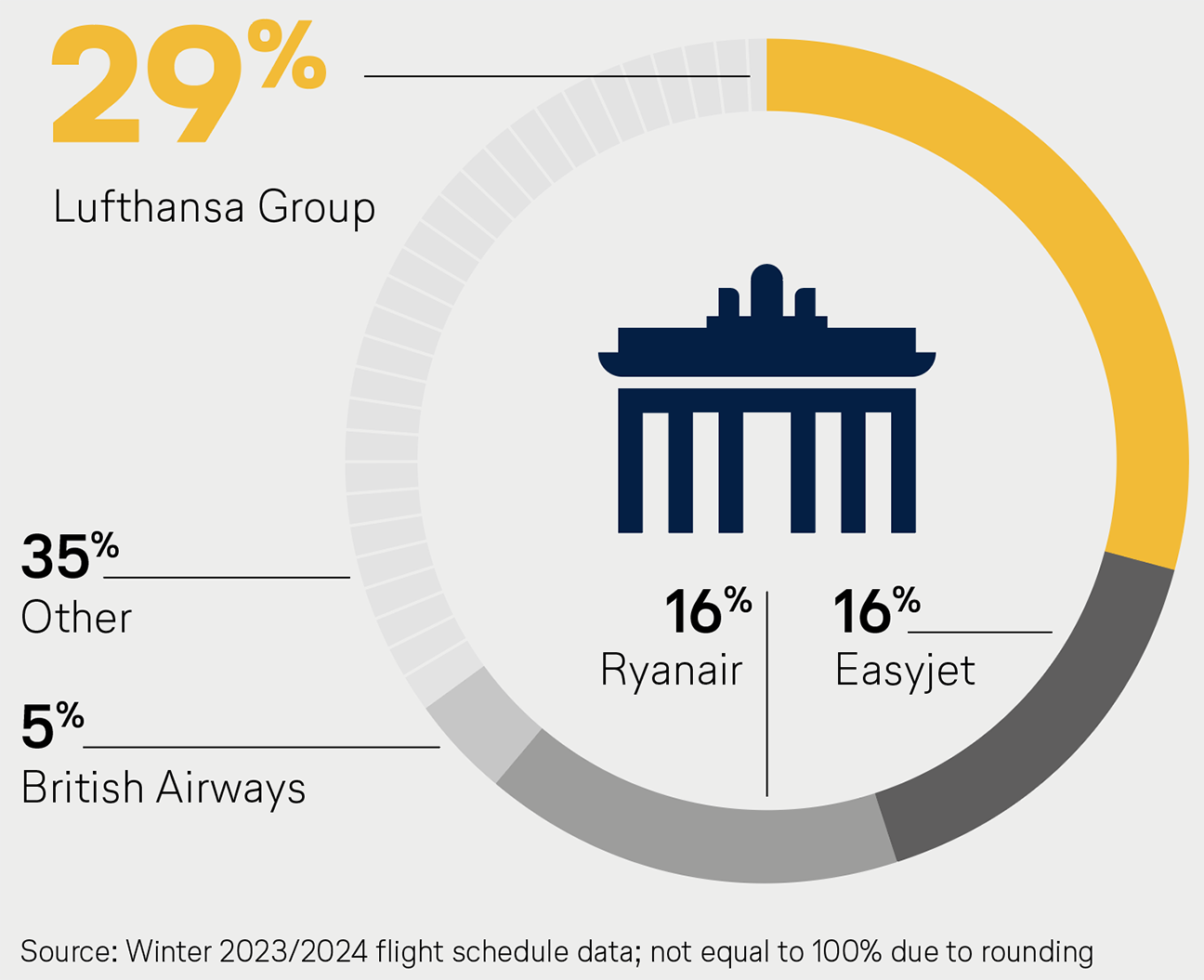
| |
| | | | Aviation agreements must ensure fair competition
Air traffic agreements, in essence, must guarantee fair competition and safeguard Europe’s connectivity with the rest of the world. Liberalization should be limited to markets that align with the economic and regulatory standards of the EU and Germany. The absence of reciprocity would disadvantage European airlines, as demonstrated clearly by the case of the Qatar agreement. | |
| | | | Strong commitment to Berlin
The Lufthansa Group is by far the market leader at the capital’s airport. While other airlines have scaled back their services following the COVID-19 pandemic, we have expanded our commitment at BER.  Passengers can reach 270 destinations around the world with a single transfer at the hubs in Frankfurt, Munich, Vienna, Zurich and Brussels. Passengers can reach 270 destinations around the world with a single transfer at the hubs in Frankfurt, Munich, Vienna, Zurich and Brussels.
 Over 50 flights with the Lufthansa Group’s airlines are available daily from Berlin. This winter, there are four weekly flights to Dubai, as well as daily nonstop flights to the United States with our partner United Airlines. Over 50 flights with the Lufthansa Group’s airlines are available daily from Berlin. This winter, there are four weekly flights to Dubai, as well as daily nonstop flights to the United States with our partner United Airlines.
 The Lufthansa Group employs over 2,000 people in various parts of the company in Berlin. The Lufthansa Group employs over 2,000 people in various parts of the company in Berlin.
| |
| | | | Climate protectionLufthansa invests billionsBy 2030, the Lufthansa Group wants to halve its net CO2 emissions compared to 2019. By 2050, we want to achieve carbon neutrality. These ambitious goals are underpinned by multibillion-dollar investments in new aircraft models and sustainable fuels. | |
| | | | Fleet modernization = most important climate
protection measure On average, modern aircraft consume up to 30 percent less fuel than their predecessors. 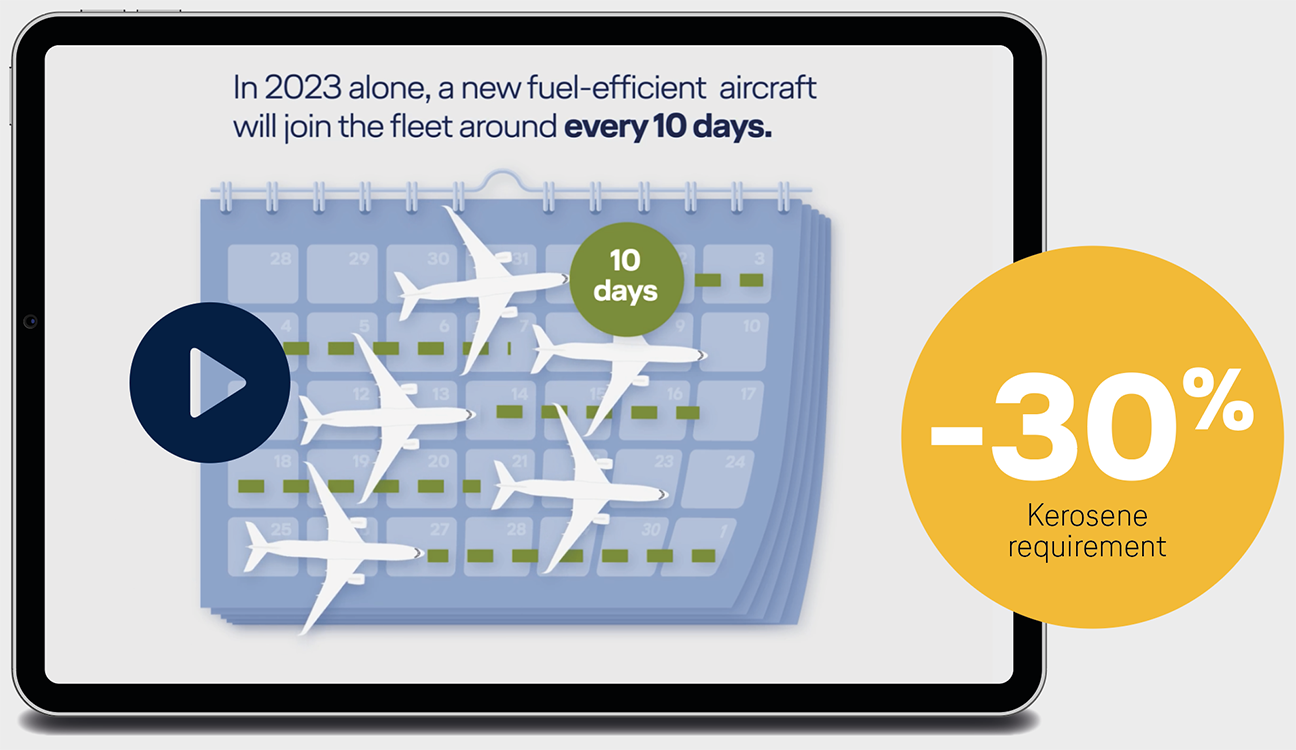
| |
| | | | Each year, we invest more than €2.5 billion in new aircraft, which means a new aircraft joins our fleet roughly every ten days. By 2030, the Lufthansa Group will have introduced more than 200 state-of-the-art and efficient aircraft to its fleet. This investment is a significant step in climate protection as it will enable us to phase out older, fuel-intensive aircraft. Modern planes, for instance, consume up to 30% less fuel per passenger compared to their predecessors, resulting in reduced CO₂ emissions. For decades, the Lufthansa Group has been committed to developing the most efficient aircraft possible, consistently being the first to integrate groundbreaking models such as the Airbus A320neo in 2016. Promoting sustainable fuels
Sustainable Aviation Fuels (SAF) are another pivotal aspect on the way to making air travel as climate-friendly as possible. As one of the world‘s largest buyers of SAF from biogenic residues, the Lufthansa Group is leading the way in developing the next generation of SAF—power-to-liquid (PtL) aviation fuels derived from electricity, water, and CO₂. A current example: In mid-October, Lufthansa, Airbus, MTU, the German Aerospace Center and Munich Airport agreed to join forces for a pioneering technology cooperation. The primary focus of the research project includes: - How can the market launch and industrial scaling of PtL aviation fuels be accelerated?
- What impact do PtL fuels have on value chains and local air quality?
- To what extent can PtL fuels also have a positive impact on non-CO₂ emissions?
Investments coupled with the incorporation of the most efficient aircraft, as well as research and development efforts serve as the key for the aviation industry`s climate-friendly transformation. The Lufthansa Group stands as a global pioneer in this transformative journey. | |
| | | | Overview: Climate protection in aviation
Facts, goals, instruments: In October 2023, the Federal Association of the German Air Transport Industry (BDL) published a comprehensive pamphlet on the topic of climate protection. A separate chapter deals with taxation and compares the burdens of air and rail travel. | |
| | | | LUFTHANSA GROUPYour Contacts Show PDF Show PDF
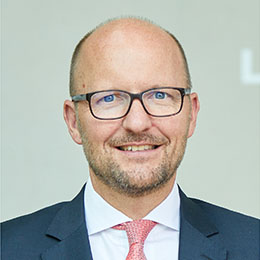
Andreas Bartels
Head of Corporate
Communications
Lufthansa Group  +49 69 696-3659 +49 69 696-3659
 andreas.bartels@dlh.de andreas.bartels@dlh.de
| 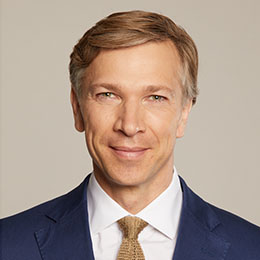
Dr. Kay Lindemann
Head of Corporate
International Relations and
Government Affairs
Lufthansa Group  +49 30 8875-3030 +49 30 8875-3030
 kay.lindemann@dlh.de kay.lindemann@dlh.de
|
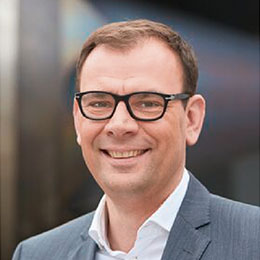
Martin Leutke
Head of Communications
Lufthansa Group  +49 69 696-36867 +49 69 696-36867
 martin.leutke@dlh.de martin.leutke@dlh.de
| 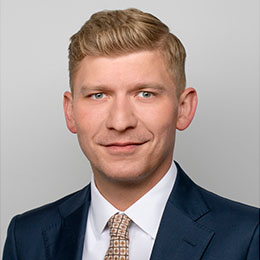
Jan Körner
Head of Government Affairs
Germany and Eastern Europe
Lufthansa Group  +49 30 8875-3212 +49 30 8875-3212
 jan.koerner@dlh.de jan.koerner@dlh.de
|
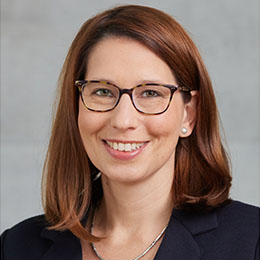
Sandra Courant
Head of Political Communication
and Media Relations Berlin
Lufthansa Group  +49 30 8875-3300 +49 30 8875-3300
 sandra.courant@dlh.de sandra.courant@dlh.de
| 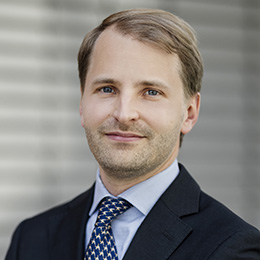
Ruben Schuster
Head of EU Liaison Office
Lufthansa Group  +32 492 228141 +32 492 228141
 ruben.schuster@dlh.de ruben.schuster@dlh.de
|
| |
| | | | Published by:
Deutsche Lufthansa AG
FRA CI,
Lufthansa Aviation Center
Airportring, D-60546 Frankfurt Andreas Bartels
Head of Communications
Lufthansa Group Dr. Kay Lindemann
Head of Corporate International
Relations and Government Affairs
Lufthansa Group Martin Leutke
Head of Communications
Lufthansa Group | Editor in Chief:
Sandra Courant Editorial Staff:
Franziska Feinig, Anton Heinecke, Alexander Lutz, Thrasivoulos Malliaras, Dr. Christoph Muhle, Steffen von Eicke Press date:
29 November 2023 Agency Partners:
Köster Kommunikation
GDE | Kommunikation gestalten |
| |
|